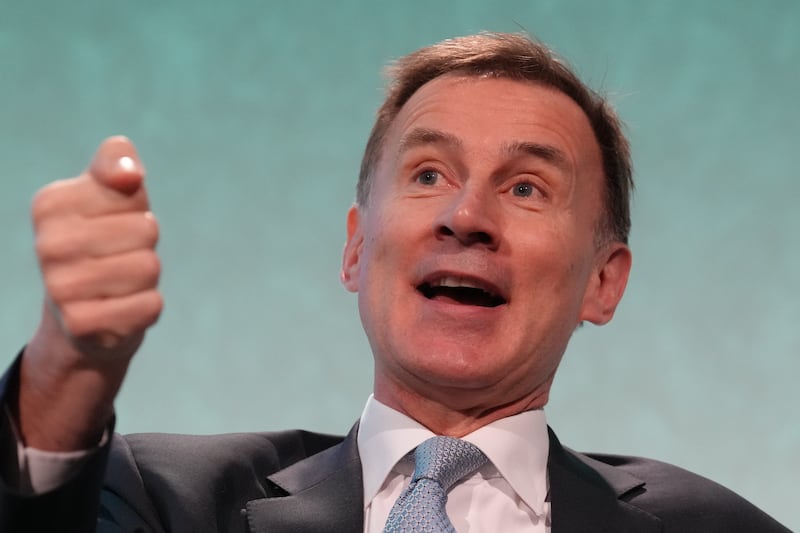THE supply of people and skills is the singular key challenge for Northern Ireland in the 2020s, according to the Ulster University Economic Policy Centre’s newly-published spring outlook.
“But demographics are not on our side,” the report’s author and centre director Gareth Hetherington warns.
“Despite the very serious economic challenges ahead, businesses continue to highlight access to talent as their main issue,” he said.
“Although this has been attributed to the pandemic causing many migrants to return home, this situation has been developing for several years.
“From 1980 to 2010, the working age population in Northern Ireland increased by more than 260,000, but in the last decade it increased by just 15,000 and this demographic crunch is expected to continue.
“Through the 2020s the working age population in Northern Ireland is forecast to increase by less than 3,000.”
Mr. Hetherington added: “The pandemic has also resulted in a significant increase in demand for those with higher level qualifications.
“Over the last two years, the proportion of the labour market with a degree level qualification or above has increased from 25 per cent to 37 per cent.
“Yet in contrast, over the same time period, those with low or no qualifications has fallen from 21 per cent to 15 per cent, which underlines the importance of increased investment in skills by any incoming Executive.”
The UUEPC report also says that while global economies have shown strong growth over the last year and appear to have overcome the challenges posed by the Omicron variant, the war in Ukraine will pose a major economic risk as well as have devastating humanitarian consequences.
Mr Hetherington added: “Many of these challenges are global in nature and largely outside our control, at least in the short term. Although the UK has limited direct reliance on Russian oil and gas, the energy market is global so any supply shortfalls in one market, for example mainland Europe, pushes the price up for everyone.
“In addition, the sanctions imposed on Russia also come with a cost to western economies, the scale of which is currently unclear. This will all feed through to higher inflation and in turn higher interest rates.”







